The Best Movies of 2023 (Scott’s List)
The year's finest films took the camera outside Auschwitz, inside the human body, and to many other unexpected places.
You don’t always know where great movies are going to come from every year, especially with Hollywood studios retreating from both risky and modestly budgeted projects and the streaming bubble starting to pop. It just happens, no matter how cynical you feel about the state of things. With a more back-heavy release schedule than usual in 2023, it took longer for this list to take form than usual. Of the films on my Top 15 list, I only saw four during the first six months of the year, one of which (Return to Seoul) was nominally released in 2022. Had I attended a particularly robust Cannes Film Festival—where three of my top five films premiered, including #1 and #2—then I’d have probably felt more enthusiastic earlier in the year. But looking at the list overall, it’s exciting to see big auteur visions from the likes of Martin Scorsese and Christopher Nolan co-exist with three (!) French documentaries and keenly observed character pieces from women like Kelly Fremon Craig, Nicole Holofcener, Kelly Reichardt and Charlotte Le Bon. Hopefully 2024 will spread the wealth more evenly.
The Top 15
15. Are You There, God? It’s Me, Margaret (dir. Kelly Fremon Craig)
Even as a Judy Blume devotee in elementary school—the “Fudge” series, particularly Superfudge, was a canonical addition to my bookshelf—Are You There, God? It’s Me, Margaret seemed radioactive, scandalous by reputation and obviously none of my business. Yet the primary joy of this film adaptation is how refreshing it feels to have this transitional marker of girlhood, the first period, brought out into the open, dispelling both the shame and the unnecessary mystique of keeping it hidden. With this and Edge of Seventeen, Craig has elevated the coming-of-age movie by grounding it in identifiable characters and emotions while satisfying the humor and warmth (and mild embarrassment) we expect from the genre. It’s a film for mothers and daughters to see together, and for everyone else, too.
14. You Hurt My Feelings (dir. Nicole Holofcener)
Holofcener’s second collaboration with Julia Louis-Dreyfus, nearly a decade after the lovely Enough Said, makes a subtle argument for candor as an important piece in a healthy relationship. Getting to that place, however, is a painful ordeal for a couple (Louis-Dreyfus and Tobias Menzies) so happily married that they still share ice cream cones. When Beth (Louis-Dreyfus) overhears her husband sharing his true feelings about her long-in-the-works first novel, it stings as badly as catching him with another woman, even though he’d intended to offer her the encouragement he felt she needed. The film is about recognizing that encouragement isn’t always the best form of support when gentle honesty will do better, and that dispelling the little white lies in their relationship can help it grow stronger.
13. Menus-Plaisirs — Les Troisgros (dir. Frederick Wiseman)
At this point, a new documentary by the 93-year-old Wiseman is the surest thing in cinema: His fly-on-the-wall techniques are a finely honed constant and the greatness of his work relies on the accumulated observations of an institution or place. For gastronomes like myself, this four-hour tour of a Michelin three-star restaurant in Lyon, run by the same family for generations, is a special treat, especially when Wiseman embeds himself in the kitchen and details food artistry at the highest level. (You will know more about the proper desanguination of lamb brains leaving the film than you knew going in.) Menus-Plaisirs tends to flag in interest when it leaves the property—though I could watch these chefs pick through farmer’s markets all day—but Wiseman gives himself the space to cover all aspects of the business while following these culinary artists deep into the weeds.
12. Falcon Lake (dir. Charlotte Le Bon)
I would like never have seen this distinctive French-Canadian gem had it not topped my friend (and Revealer) Mike D’Angelo’s best-of list, and it’s a shame that it seems to have slipped through the cracks, despite premiering at a Director’s Fortnight that included list contenders like De Humani Corporis Fabrica and Enys Men. On the surface, this seems like familiar stuff, chronicling a summer friendship between a 13-going-on-14 boy and a 16-year-old girl whose nascent sexuality makes her both enticing and intimidatingly advanced. Yet Falcon Lake introduces a bit of ghostly folklore that alters the tone of it profoundly, giving the film a sense of the uncanny that adds a horror-like tension to interactions that would otherwise be expected of a normal coming-of-age story. Special shoutout to the score, by Klô Pelgag and Shida Shahabi, for reinforcing the tone.
11. Poor Things (dir. Yorgos Lanthimos)
A hoot. In his follow-up to The Favourite, Lanthimos continues inching toward the Fox Searchlight mainstream.But the miracle of Poor Things is how accessible his satirical black comedy turns out to be, when so many aspects of it (the fisheye lensing, the unbridled perversity and grotesquery, etc.) would seem to be off-putting. This is, after all, the story of a Frankenstein monster created from the body of a suicidal aristocrat and the brain of the infant she was carrying when she plunged to her death. Yet Emma Stone’s incredible performance as this demented woman-child gives the audience a sympathetic and hilariously offbeat window onto the world. Poor Things is the perfect bookend to our year of Barbie, an arthouse complement to a film about a naif who clarifies longstanding injustices we take for granted.
10. Return to Seoul (dir. Davy Chou)
This is one of those annoying cases when a distributor offers a nominal release for awards considerations late in December, but doesn’t actually put it out until early the next year. But it’s worth remembering Chou’s lively treatment of a Korean-born, French-adopted 25-year-old woman sorting through her connection to a country and a culture that’s genuinely foreign to her. That Freddie (Ji-Min Park) lands in Seoul by accident is indicative of her seat-of-the-pants spontaneity, which opens her up to a range of surprising experiences, not least a difficult stretch where she meets her biological father and his family. Return to Seoul is about thorny questions of identity, obviously, but it’s also about a period of adulthood where some people like Freddie live on impulse. That makes for exciting, unpredictable cinema.
9. De Humani Corporis Fabrica (dir. Lucien Castaing-Taylor, Véréna Paravel)
Between this and Our Body (see below), this was truly a banner year for learning about medical procedures at French hospitals, though viewers of the experimental fishing documentary Leviathan will know to expect an uncommonly visceral depiction of major surgery. Those tiny cameras that assist doctors are deployed in De Humani Corporis Fabrica like an anatomical Jacques Cousteau, plunging through the mysterious depths of the pituitary gland or the Venetian canals of the small intestine. Castaing-Taylor and Paravel take you without warning into some gnarly spaces, but the film overall displays an appreciation for surgical expertise and the sheer beauty and wonder of the human body.
8. Showing Up (dir. Kelly Reichardt)
As a film scholar, Reichardt has expressed a particular affection for Yasujiro Ozu and Showing Up has an Ozu-like sense of proportionality that reminded me of his low-key late-career film, Good Morning, in tone and scale if not in substance. There are obvious personal resonances in the story of a sculptor and academic (Michelle Williams) who’s trying to prepare for a new show amid a number of minor personal and professional hassles. That Showing Up is about no more (or less) than an artist steadily working her craft for a gallery off the main drag feels heroic, particularly given that her A24 patronage would seem to give Reichardt license to scale up. It’s also her funniest film, with Hong Chau as an artist/landlord/flibbertigibbet who never gets around to fixing the damned water heater.
7. Oppenheimer (dir. Christopher Nolan)
Nolan captures a colossal moment in 20th century history, giving it the urgency and dimension it deserves while intimately engaging with a lead character, J. Robert Oppenheimer (Cillian Murphy), who’s nearly drowning in uncharted scientific and ethical waters. It seems so unlikely that Oppenheimer would become a mid-summer blockbuster in an age where such bold visions are in perilously short supply in Hollywood, but Nolan realizes that The Bomb has been the looming boogeyman of the last century and audiences are still compelled by its significance. The bifurcated structure may follow a pattern of Nolan films that like to fiddle with time, but it’s audacious to place the Trinity Test at the center like a nuclear core and rebuild momentum around interviews and hearings that would seem to be anticlimactic.
6. Our Body (dir. Claire Simon)
Combine my 13th favorite movie of 2023, Menus-Plaisirs — Los Troisgros, with my 9th favorite, De Humani Corporis Fabrica, and you get this lovely Bella Baxter of French documentaries, which fuses a Frederick Wiseman-like survey of a hospital gynecological wing with the procedural nitty-gritty of the operations therein. Simon captures the sheer scope of women’s health care beautifully, from following a midwife through different types of births to observing a meeting over trans care to watching the delicate business of lab fertilization. The director views most of these interactions from a sympathetic distance, but when she puts herself in front of the camera for a scary diagnosis, Our Body shifts into startlingly personal territory.
5. The Holdovers (dir. Alexander Payne)
The most recommendable movie of 2023. Watching The Holdovers with a modest matinee audience that applauded warmly at the end, I was struck by how much Payne seems like a man out of time, making the sort of generous mainstream entertainments that aren’t really mainstream anymore. The Holdovers takes place in a scrupulously recreated New England of the early 1970s, but it feels like Payne’s idea of what an audience might have turned out to see, which makes it seem like a Hal Ashby time machine. Paul Giamatti’s performance as a crusty Ancient Civilizations teacher at a private boarding school is predictably tart and soulful, and Payne gets equally strong work from Dominic Senna as a student-turned-wily-co-conspirator and Da’Vine Joy Randolph as a cook who carries liquor and grief (and a biting sense of humor) with her at all times.
4. Anatomy of a Fall (dir. Justine Triet)
As Keith suggested yesterday, there’s a classic Law & Order-style, did-she-or-didn’t-she procedural here about a woman who stands accused of killing her husband and a legally blind son who may hold the key to her prosecution. But Anatomy of a Fall feels more like a Sidney Lumet drama, focusing sharply on the actor’s performances—there were none better in 2023 than Sandra Hüller as the wife and Milo Machado Griner as the son—and allowing the revelations about this stormy marriage to play out in due time. (The centerpiece argument between husband and wife, staged as an extended flashback, is a scene-of-the-year candidate.) As with Saint Omer in 2022, the open discourse of the French criminal justice system proves to be a natural for cinematic drama.
3. Killers of the Flower Moon (dir. Martin Scorsese)
The people who gripe that Scorsese makes too many films about gangsters usually miss that Scorsese has made more gangster films than they thought, because to him, America is less a “melting pot” than a battleground of tribalist skirmishes and turf wars. The Age of Innocence is a gangster film. So is The Wolf of Wall Street. And so is this sprawling tale of racial injustice about a conspiracy of murders on oil-rich Osage territory in 1920s Oklahoma, carried out by white men who feel the country’s wealth belongs to them. For Killers of the Flower Moon to unfold as a love story between an Osage woman (Lily Gladstone) and a dim, impressionable war veteran (Leonardo DiCaprio) with a taste for the finer things is a huge risk that pays off in gut-wrenching betrayal. And at a time when history lessons are getting trimmed of any misdeeds that might discomfort white children, Scorsese reveals how stories like these are either forgotten or converted into radio-friendly mythology.
2. May December (dir. Todd Haynes)
When Haynes is working at the top of his game, his films are conceptually exciting and emotionally vibrant.May December is top-drawer Haynes, exploring a Mary Kay Letourneau/Vili Fualaau scenario with insight into how a marriage built on violation might work and how the story is processed through the media. The genius of Samy Burch’s screenplay turns on the role of a TV actress (Natalie Portman) who turns up in Savannah, Georgia to observe the marriage between Letourneau-like figure (Julianne Moore) who was arrested two decades earlier for having sex with a 13-year-old boy (played as a grown-up by Charles Melton) and started a family with him after her release. Just the act of asking basic questions cracks the fragile foundation of a union that can’t hold up to inquiry, but that’s just the start of a film that recalls Persona one minute and a USA Network movie the next.
1. The Zone of Interest (dir. Jonathan Glazer)
An Auschwitz movie that doesn’t spend a second inside Auschwitz, Glazer’s incredibly potent take on the banality of evil feels like the appropriate follow-up to his Under the Skin, in that both films are about aliens tasked with pitilessly slaughtering humans. Only Scarlett Johansson’s alien in Under the Skin is capable of change. In observing Rudolf Höss (Christian Friedel) and his wife Hedwig (Sandra Hüller) as they make an idyllic home together outside the camp walls—where Rudolf works hard to impress his bosses by murdering Jews with unrivaled efficiency—Glazer underscores their capacity for compartmentalizing the horror that permeates the atmosphere like a toxin. There’s a lesson here for other, better humans, too, about how readily we can wall ourselves off from the suffering of others, even if we’re not directly and deliberately responsible for it.
Honorable Mentions (no order): The Royal Hotel, Enys Men, Skinamarink, R.M.N., The Eternal Memory, Passages, Asteroid City, The Killer, Past Lives, Reality, Priscilla, All of Us Strangers, Spider-Man: Across the Spider-Verse, John Wick: Chapter 4, Dungeons & Dragons: Honor Among Thieves, M3GAN, The Pigeon Tunnel, Barbie, The Boy and the Heron, Fallen Leaves, The Mission.
Performance of the Year: Natalie Portman, May December.
There’s a version of May December where Elizabeth Berry is merely a clever narrative device, a television actress whose research for a movie role exposes the rotten foundation of a scandalous marriage. Yet Portman isn’t playing the passive observer here, but an active, destabilizing presence who creates mischief by inserting herself into this couple’s lives and asking questions they’ve studiously avoided asking themselves. May December toggles brilliantly between the reality of this relationship and the tabloid unreality of its depiction in the media, and it’s Portman who’s the fulcrum of this conceptual seesaw.
Scene of the Year: Trinity Test, Oppenheimer.
This may be a cheat, because it’s probably too long a sequence to claim as a single scene, but even if you just narrow it down to the explosion itself, the impact on the audience—as spectacle, as history, as triumph of science and harbinger of doom—had no equivalent in the movies this year. We know what “success” at Los Alamos will mean for the end of World War II and for the still-present tensions of a post-nuclear world, but to experience the actual test staged with all the creative and budgetary resources at Christopher Nolan’s disposal was an awesome, soul-sickening moment at the movies.
Reason for Hope: Kelly Reichardt showing up. As I wrote above, Showing Up is plainly a personal film for Reichardt, whose life as a director and academic mirrors the low-key creative life of Michelle Williams’s sculptor. It’s possible that a talent of Reichardt’s caliber could have chosen a more commercial path, but she’s one of the last true independents, flying the flag for artists who insist on doing work on their terms, without the expectation that it will deliver them money, awards, fame or any of the other benefits of “making it.” To put it in Manny Farber terms, she’s the ultimate termite artist and an inspiration for those who don’t make movies to pitch themselves for Marvel gigs.
Reason for Despair: Max.
When HBO Max launched in May 2020, it was immediately the best major streaming service, drawing on HBO and Warner Bros.’ significant libraries of film and television while including sidebars for TCM, Studio Ghibli, Adult Swim, Looney Tunes, and other tantalizing properties. Then some combination of the grim realities of streaming and the vacant soul of Warner Bros. Discovery chief David Zaslav led to Max, which has muddled the interface with reality television and bowdlerized a once-robust selection of movies. Zaslav has proven time and again that he cares little about his legacy as the manager of one of cinema and television’s most storied catalogs, and the changing face of Max reflects his own far too well.
Special effect: The sound design in The Zone of Interest
There will come a day when I work up the nerve to re-watch The Zone of Interest with headphones and focus on Johnnie Burn’s sound design, which has to suggest the horrors of Auschwitz entirely as an offscreen phenomenon. It had to be accomplished within a narrow range: Too light a touch would fail to communicate the white noise of shotguns and grinding crematoria that permeates the air outside the camp; too heavy and it might seem obvious or in questionable taste. But Burn and director Jonathan Glazer create an atmosphere that’s plausibly livable for Rudolf Höss and his family, but oppressive to the audience and anyone else with a conscience.
Most Annoying Discourse: The death of discourse.
Every year, there are usually so many candidates for this category, as awards contenders send everyone to their battle stations and social media is flush with extreme positions on the movies of the day. Yet Twitter has always been the primary driver of annoying discourse and its collapse this year under Elon Musk’s leadership has scattered enough users to the winds that few issues have gained much traction. Even Bradley Cooper’s prosthetic nose in Maestro, a classic annoying-discourse topic, failed to stoke more than an extinguishable brush fire. We still have a couple of months before the Oscars to turn things around, but these eyes have not been rolling as often as they usually do.
Most Anticipated: Megalopolis.
Five years ago, I wrote a ranked list for Vulture on the films of Francis Ford Coppola, which gave me the chance to catch up with a few of the smaller Coppola films I hadn’t seen (like The Rain People, which I loved) and revisit many of the ones that I had. And among the conclusions I reached was that you could make an argument for every film Coppola had made except for Jack, which feels like the only for-hire job in a career loaded with personal, idiosyncratic, and staggeringly ambitious work. While I’d say that Coppola hasn’t approached greatness in the two decades since Bram Stoker’s Dracula—yeah, I said great, you heard me—there is no chance that Megalopolis, a magnum opus he started writing in the ‘80s, will not be absolutely riveting, even if it’s a failure. Adam Driver as an architect named Caesar attempting to rebuild New York City as a utopia after a disaster? Let’s see it.

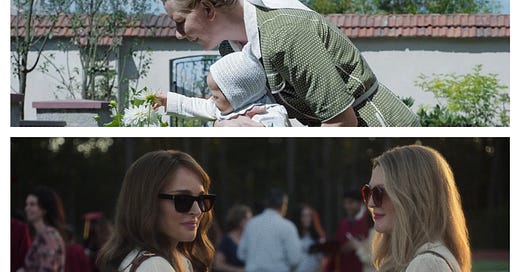



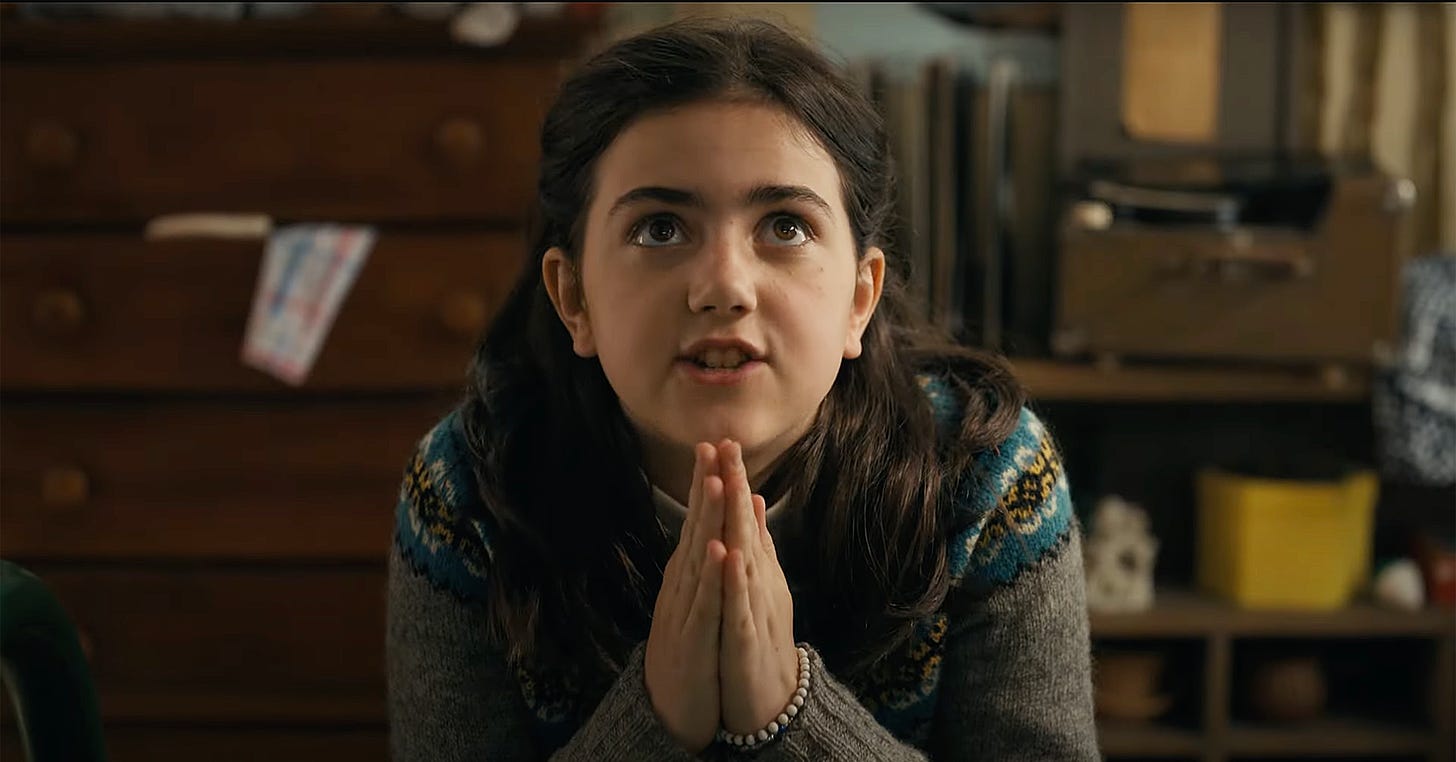
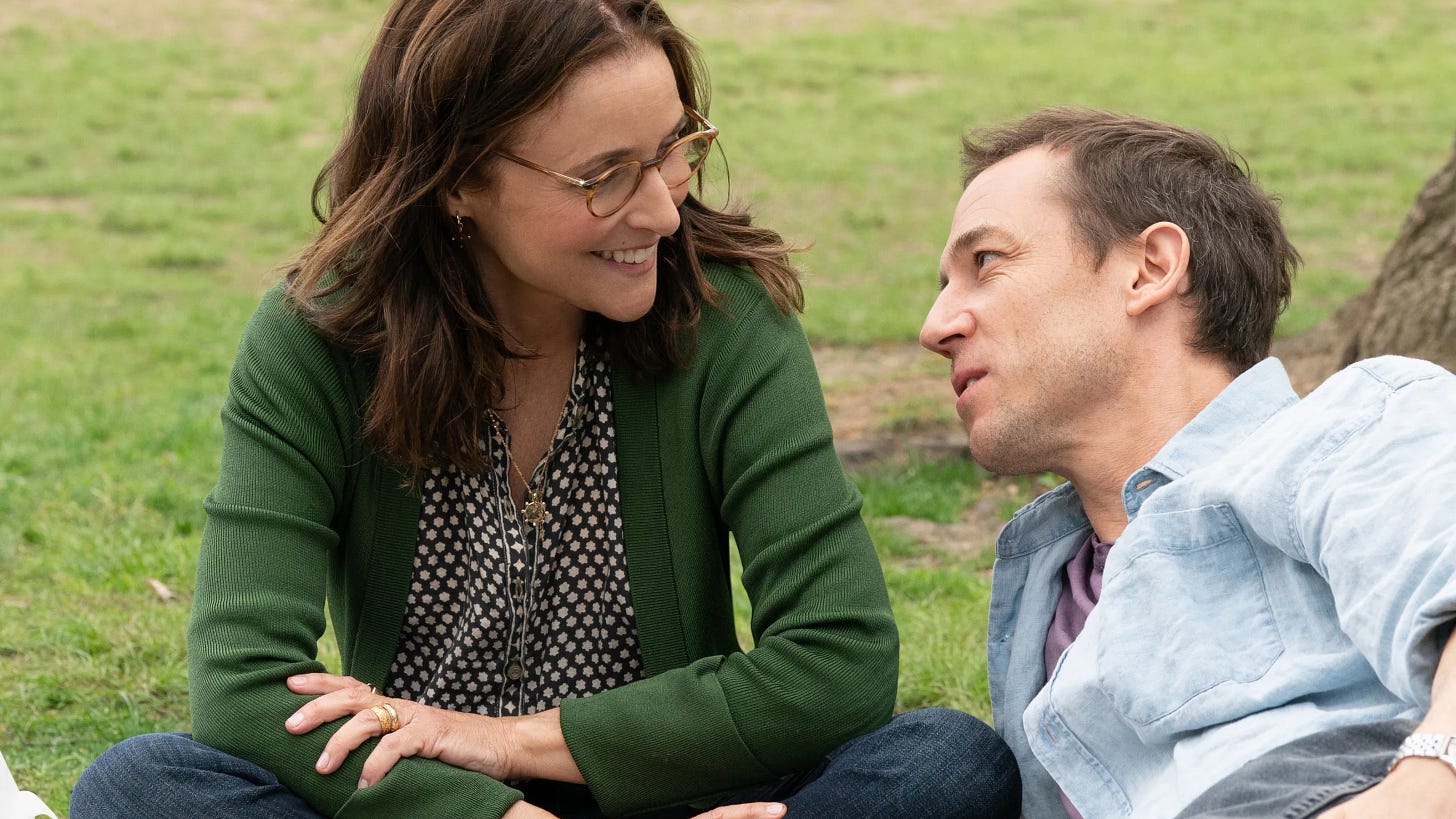
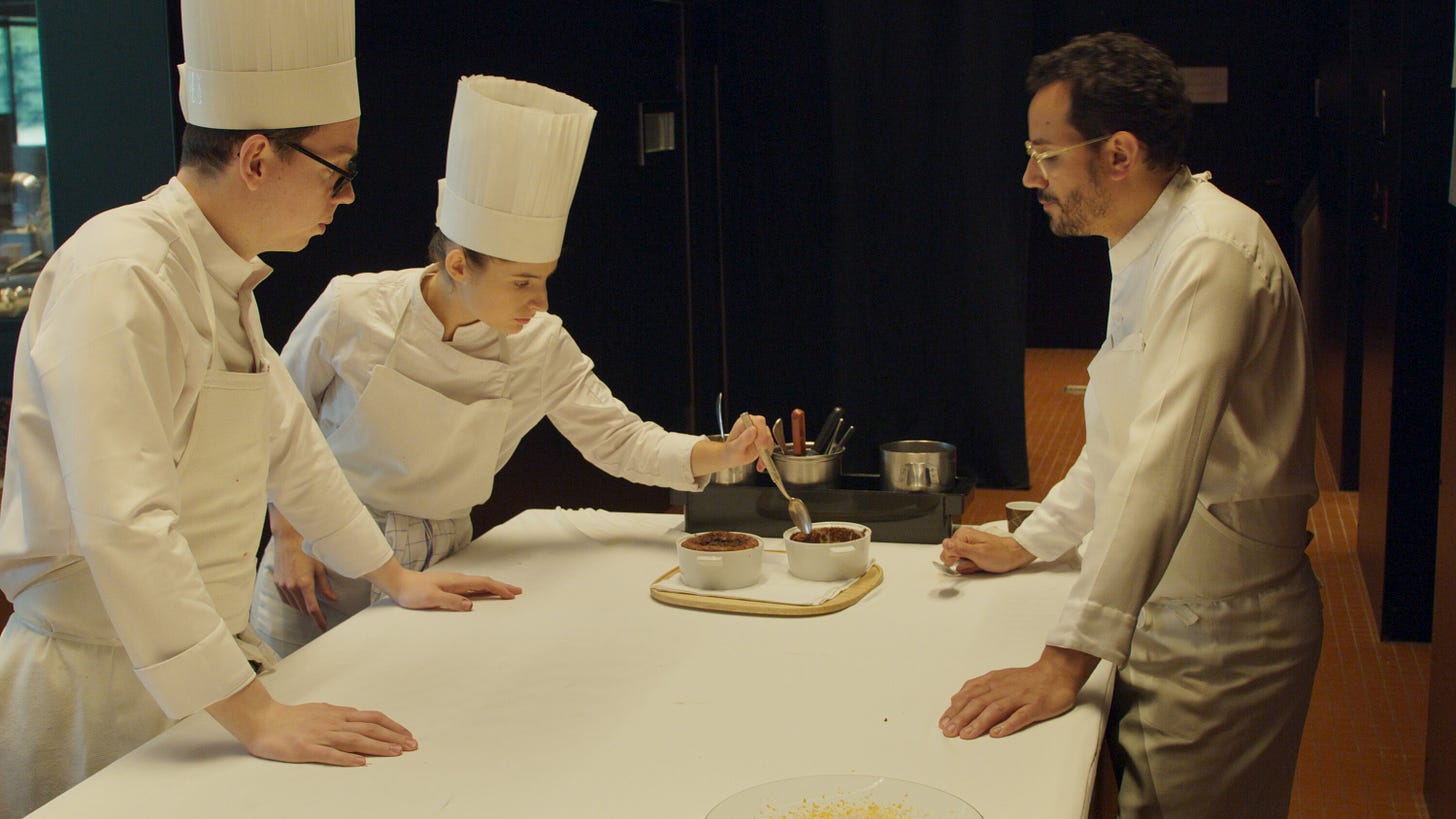
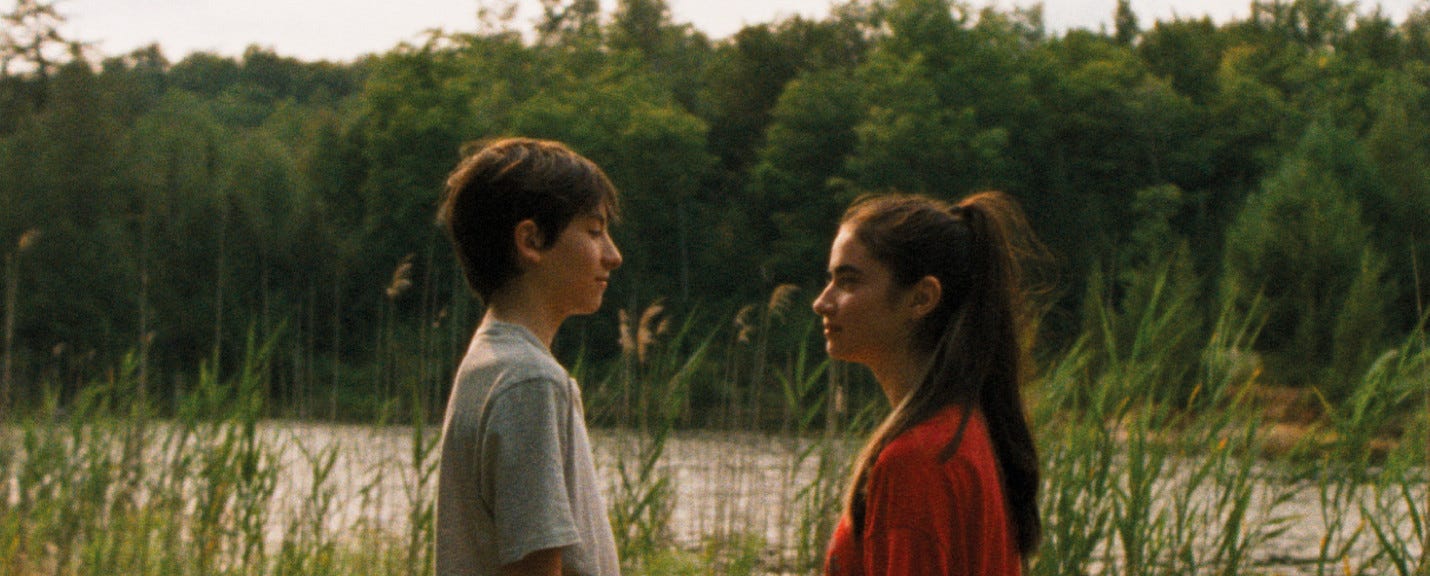
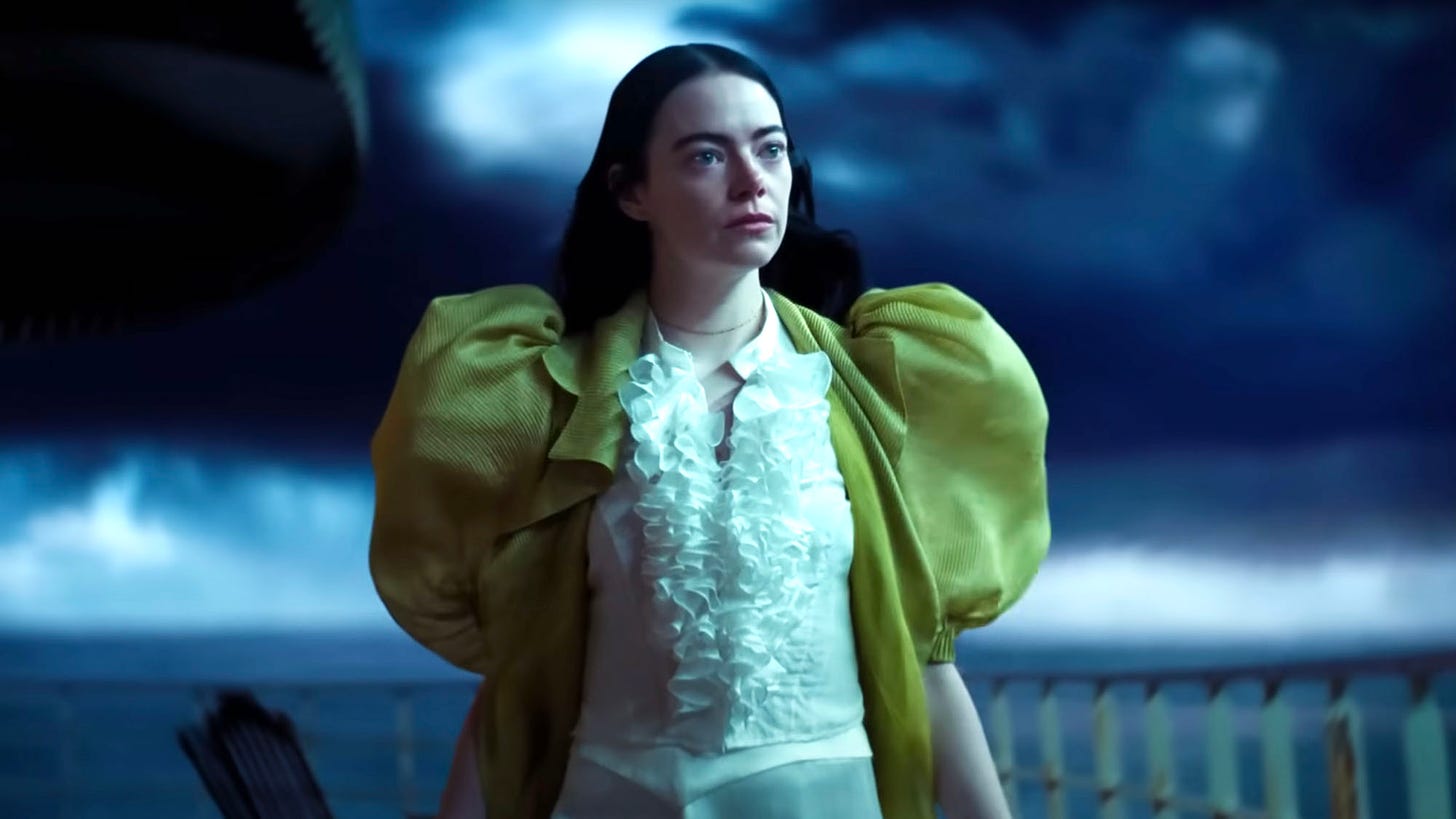
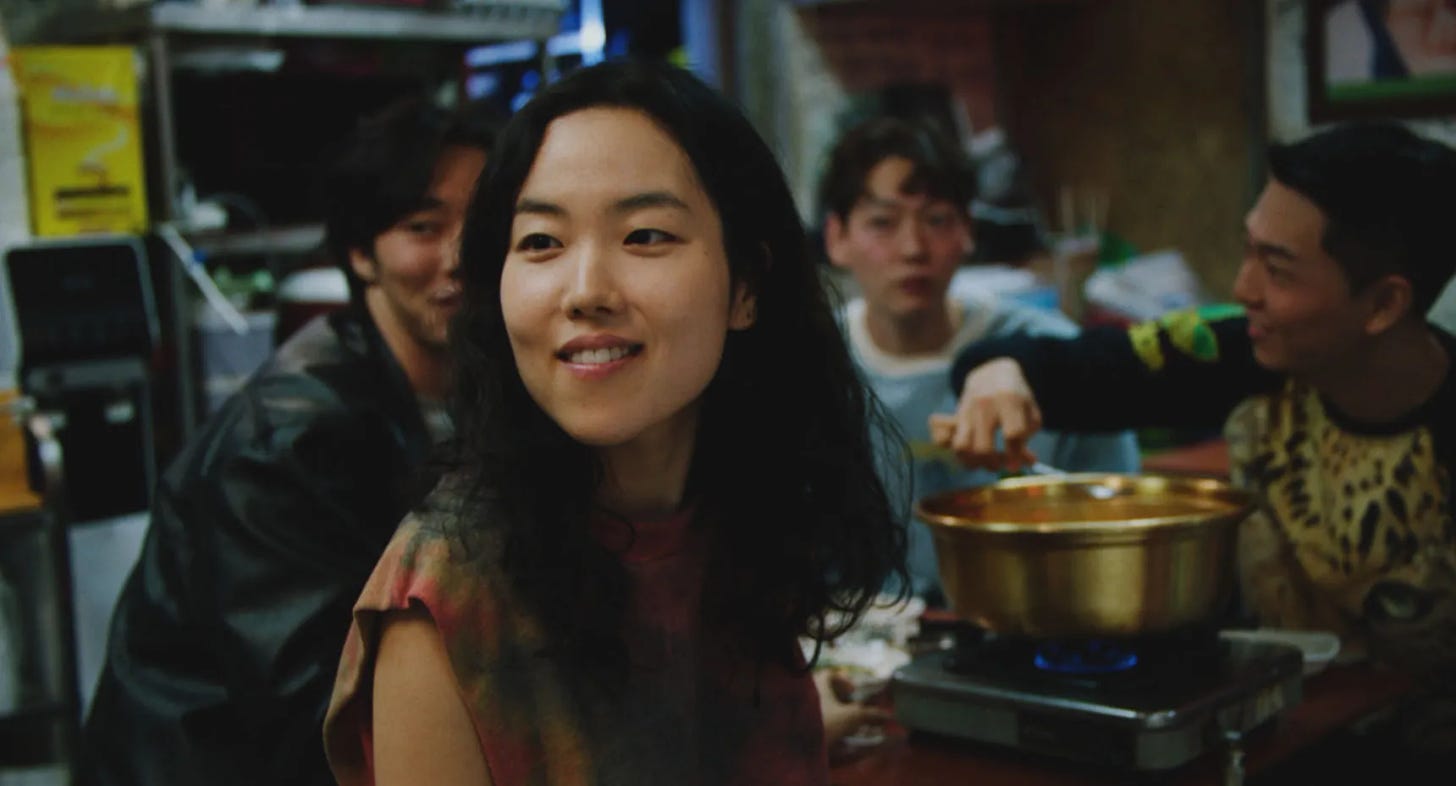


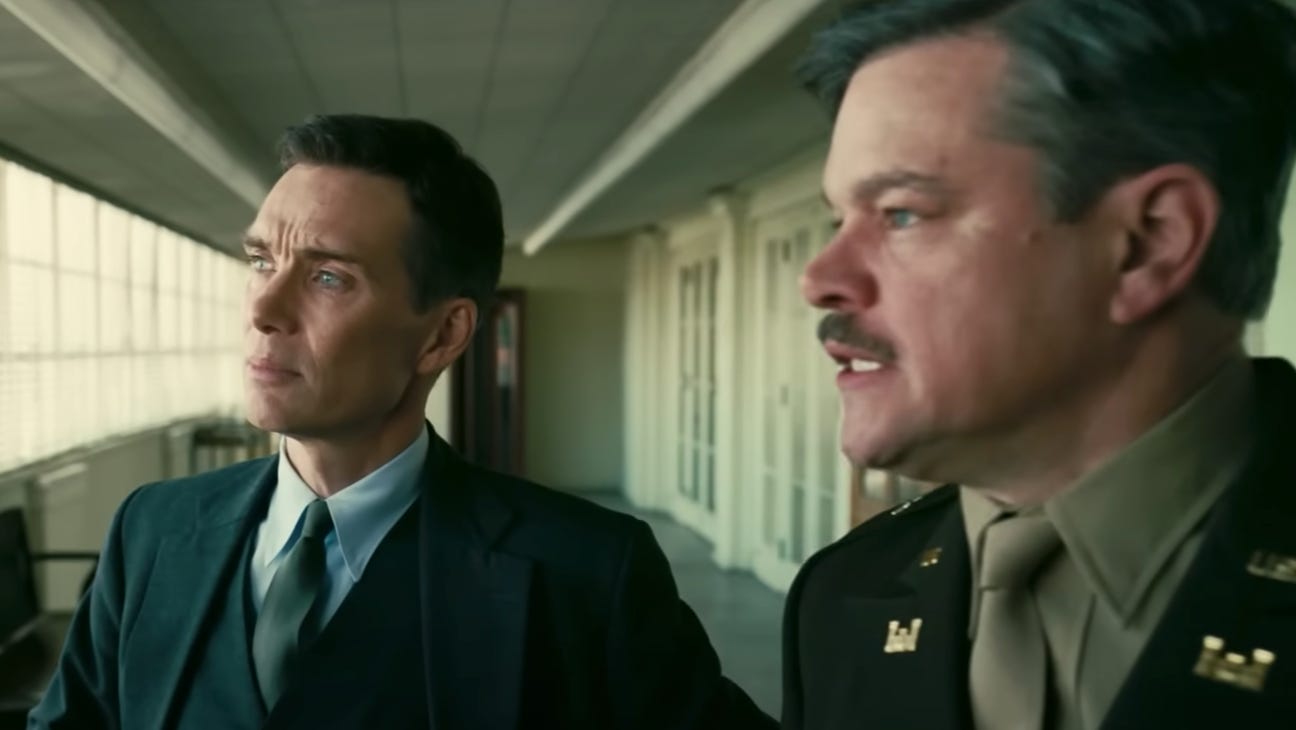
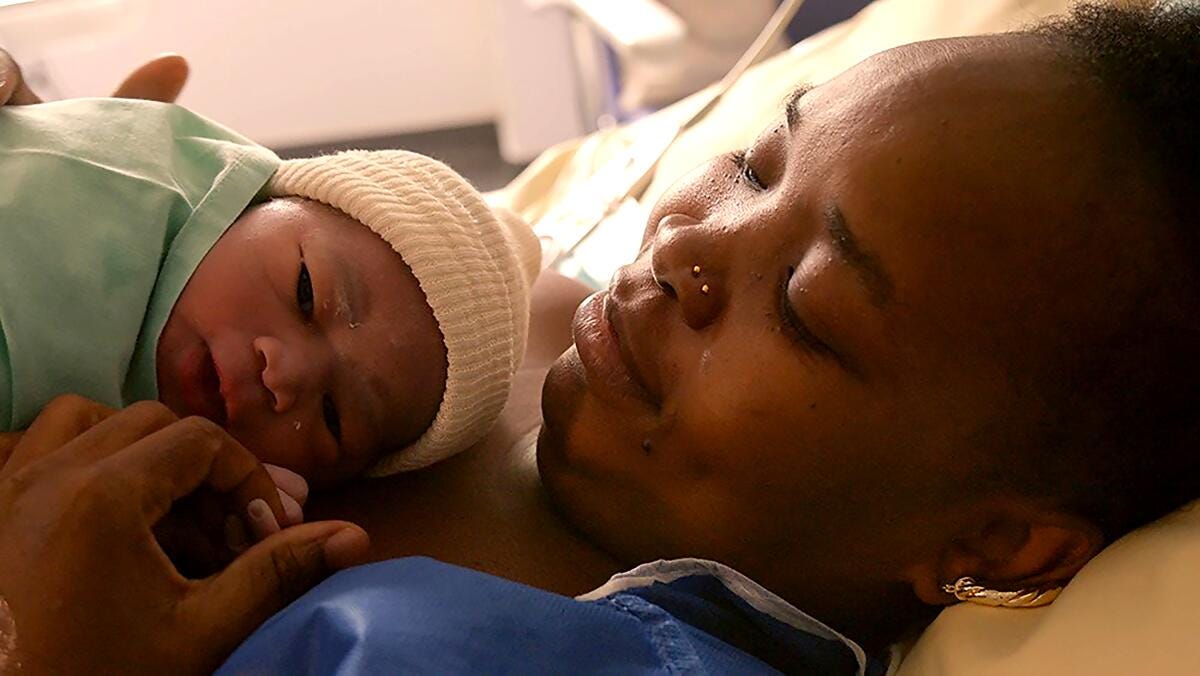

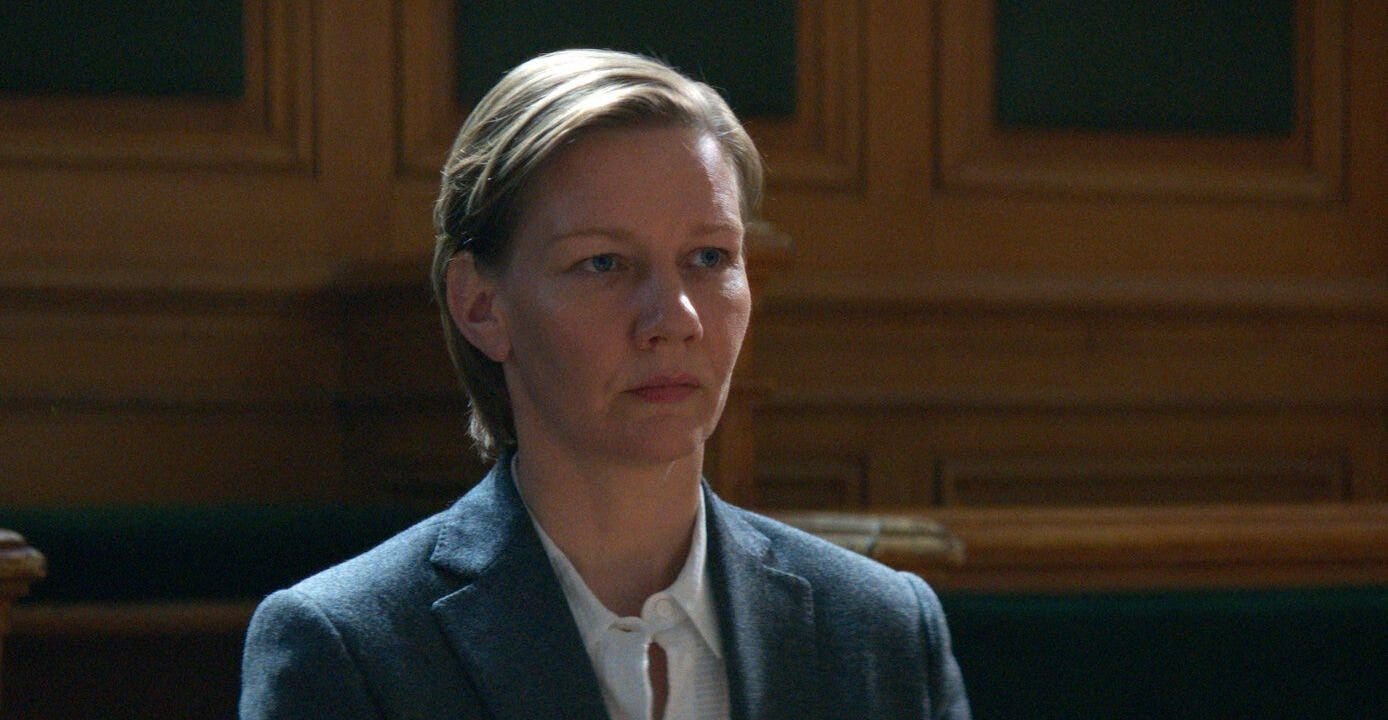
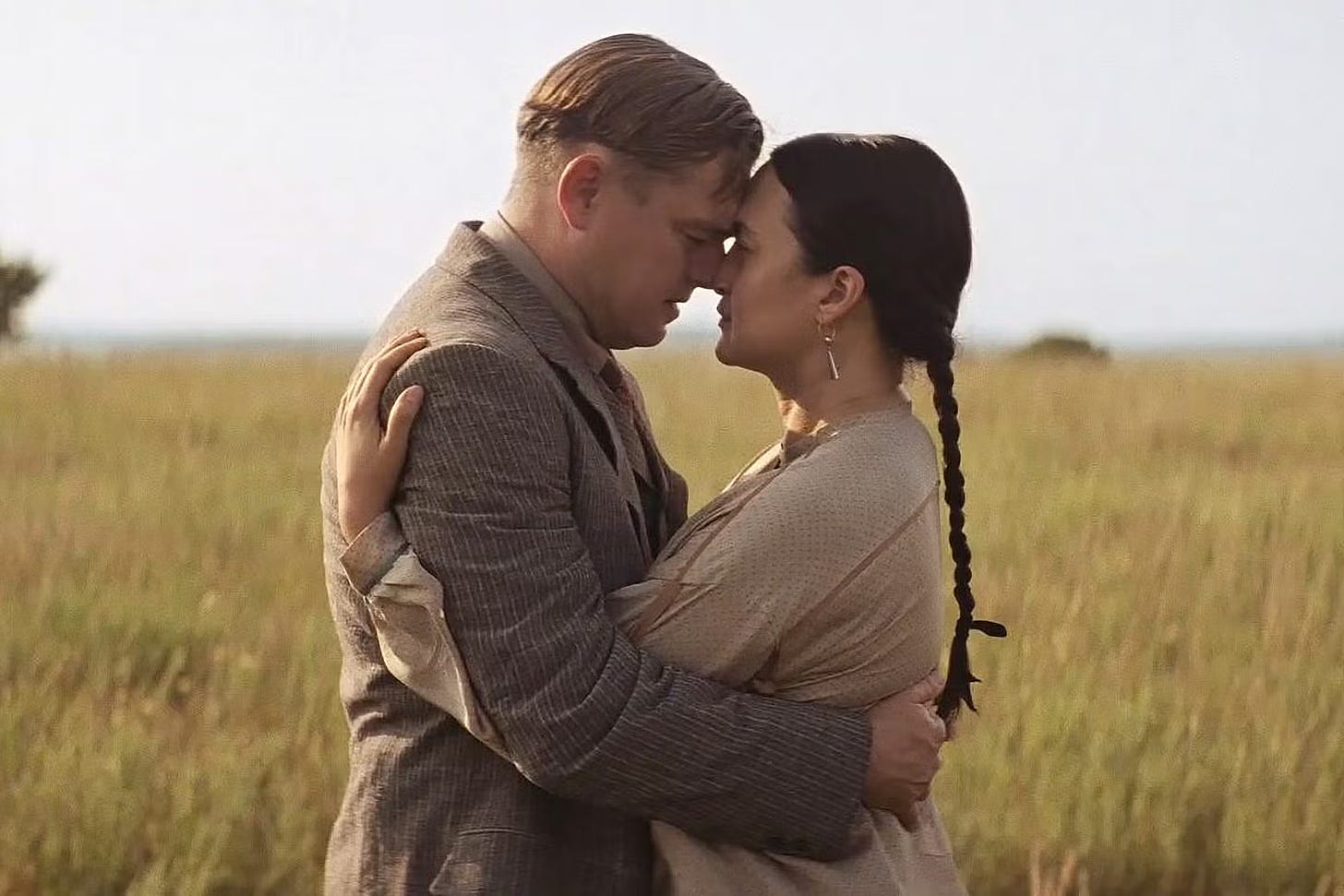

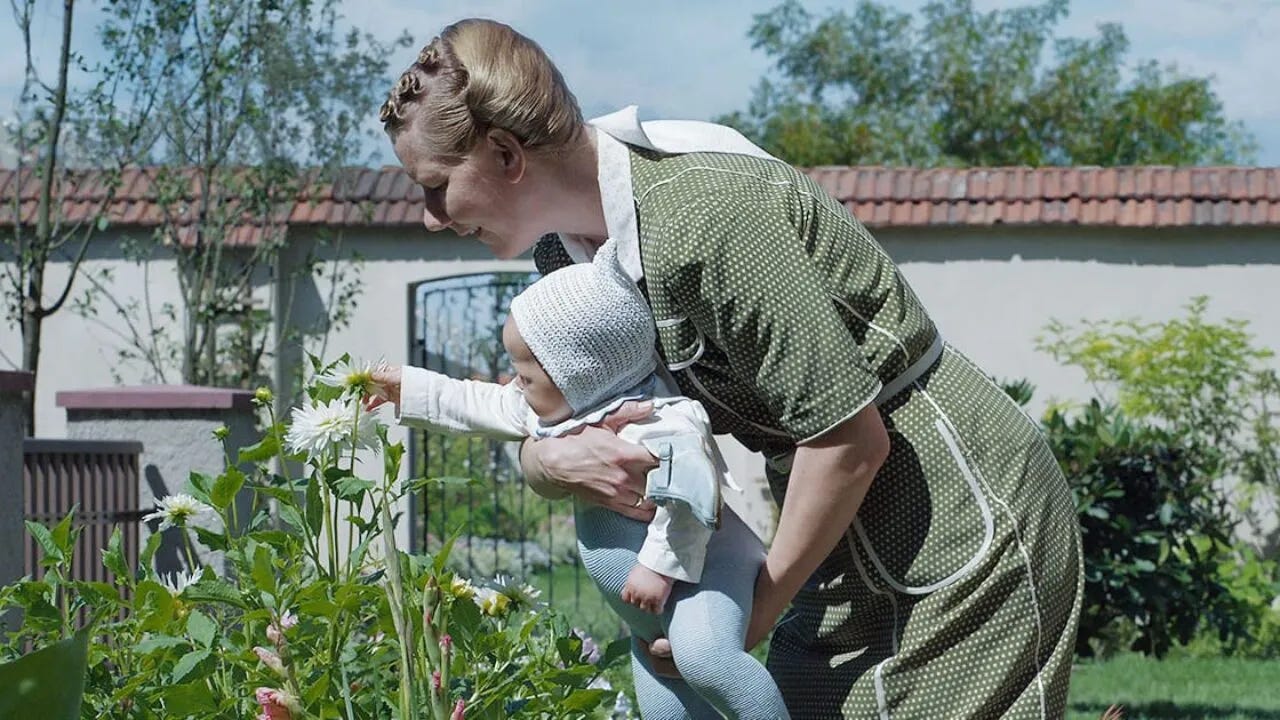
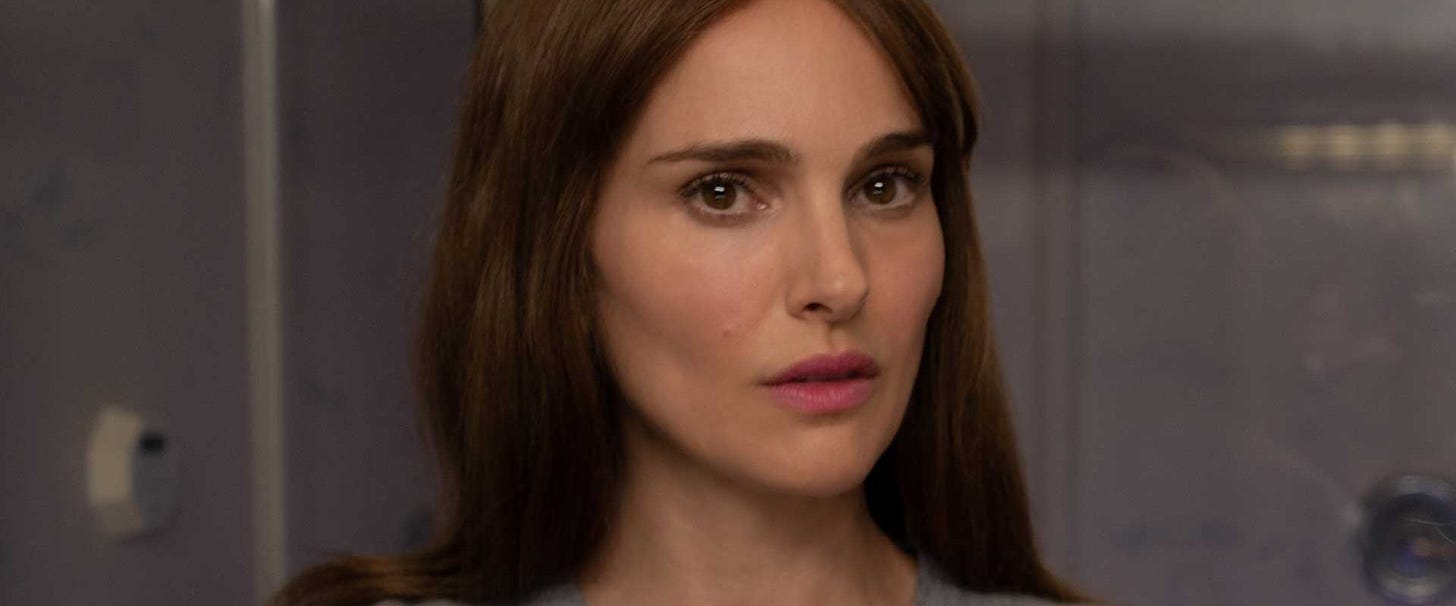

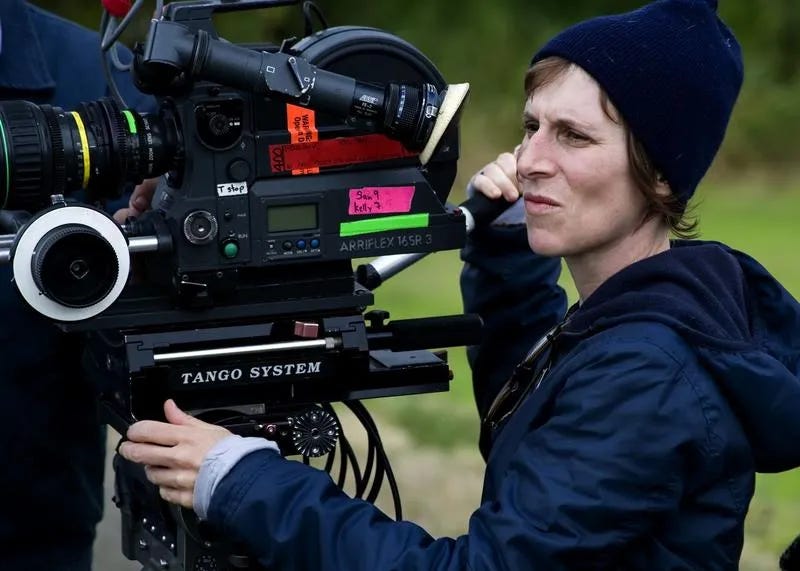
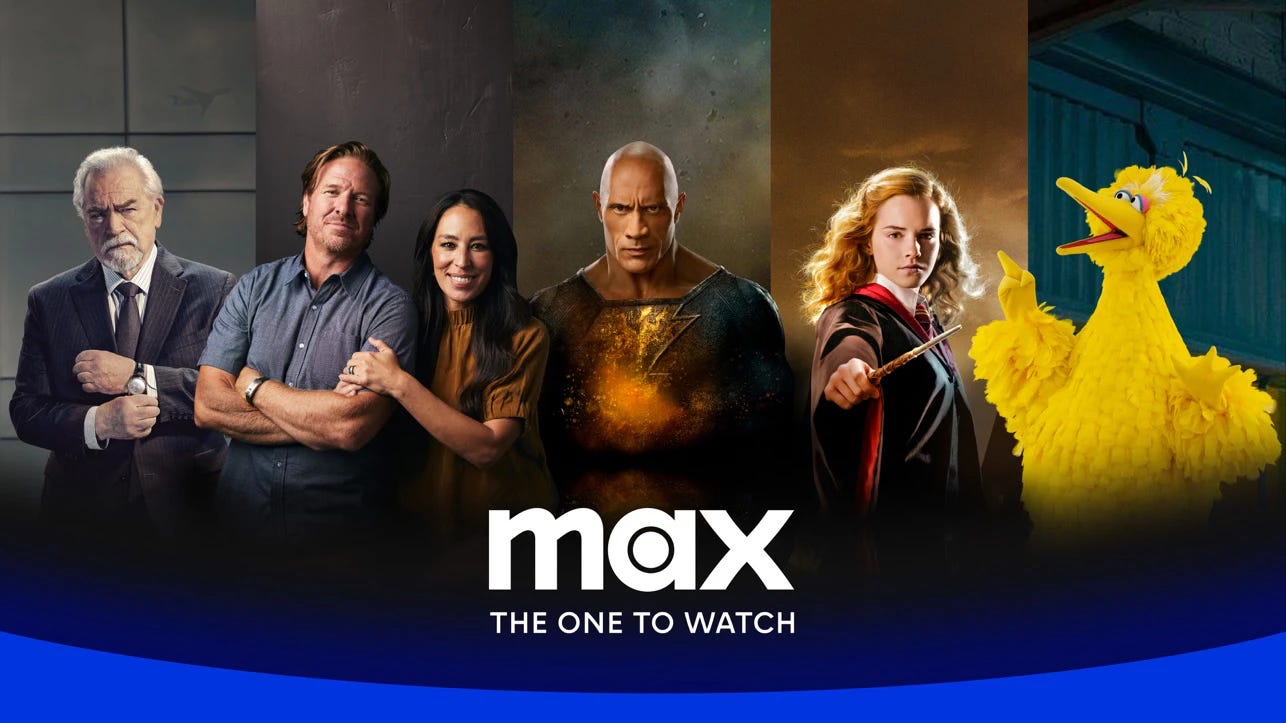

Killing Twitter was a favor to “the discourse”, though no one will thank Elon (certainly not me). It probably felt like a nice community but from the outside it seemed like a hive mind, squelching independent thought. And really seemed to encourage the tendency to review films for their moral content more than their artistic content.
I just felt like some of my favorite critics (not just film) lost their voices in the mid to late 2010s, came to sound like everyone else. It seems like things are changing, in a good way I think.
Seems a strange thing to say about a film with such subject matter, but I can’t wait to see Zone of Interest. The sound design, fwiw, was one of the more impressive elements of Under The Skin in my opinion.
Other note: picked up the Bram Stoker’s Dracula 4K last week (man it’s so close to great that someone calling it that increases my esteem for their opinion rather than lessening it), was inspired to throw Herzog’s Nosferatu in as a follow up (definitely great). It had been a few years. Which brings me to Robert Eggers.
He’s one of the few directors for whom I will avoid any advance news or reviews of upcoming films, and then buy a ticket for opening weekend. It’s hard to imagine what he has to add to the films that I’ve mentioned, but I’m going to follow standard procedure and buy my ticket. If anyone can make another essential Dracula/Nosferatu movie, he’s the one.
Sorry for the length here, probably should’ve split this up.
(spoiler-y question on Zone of Interest below, beware for those who haven't seen it)
Great list! Scott, I was wondering if you could unpack a bit your description of Rufolf Höss as an "alien" – do you mean in that he doesn't have any traces of humanity or compassion? Might be canceling myself by saying this, but what made ZOI my favorite of the year was how human he and Hedwig were – they obviously love each other, love their children, do fun things like lounge by the river and try on nice clothes, and also have to attend seemingly mundane work meetings (which are, it turns out, about mass-killing Jews). My take is that what Glazer is saying is that there's something of us in all of these people, that we all have an Auschwitz on the other side of the wall that we try to distract ourselves from or are even participating in. The reason the last scene was so disturbing for me is that Rudolf is contemplating how his life will be perceived in the future. It forces viewers to ask themselves how they also will be perceived by future generations, whether they were the ones blinding themselves to atrocities or the ones helping the victims in the dark.